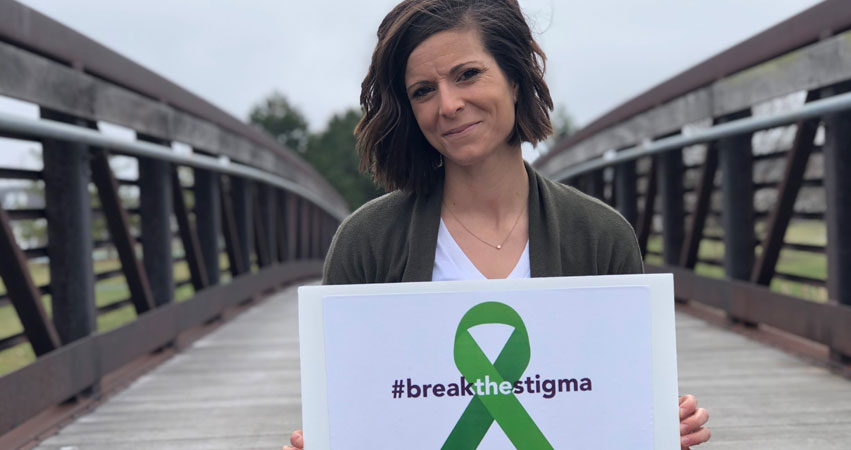
It was a regular spring morning, I’d like to think. I woke up, made my simple cup of coffee, had a bowl of Kix and read the newspaper. I had the day off work and was hoping for a relaxing day with my dog. Then my cellphone rang—and what I heard made the day anything but relaxing. My best friend was calling to share the most shocking news either one of us had ever heard. Billy was gone...
The Struggle
Our old college friend wasn’t just a good person; he was the guy that good people wanted to be. Coming from a strong faith, Billy was the most positive person I knew. He was always there to lend a supporting voice, especially any time you were down. His leadership began when he started Athletes in Action at a major university, and it continued as he chose to work in law enforcement in his community. These sorts of characteristics made it difficult for anyone to see Billy’s true internal struggle: his battle with depression.
Billy lost his battle with depression that spring and became a victim of suicide. Everyone was shocked. The difficult part of mental health, much like Billy’s struggle, is that you can’t always see it, and you can’t measure it as you might for something like diabetes or cancer. Depression can present itself in many ways, and it doesn’t always show its face.
Chances are, you know someone who struggles with this disease. It could even be a close friend or loved one. Maybe they have shared that with you, but maybe they haven’t. Have they told anyone or asked for help? Have they looked for a counselor or mental health professional—or even confided in someone they trust? Do they know that depression means it’s completely okay to not feel okay?
Act with Kindness
There are so many unknowns when it comes to depression, but we do know that it is uncomfortable and can affect anyone. It’s important that we treat everyone around us with kindness, as we do not know what they may be going through on a daily basis.
Go out of your way to check on the friend who always seems to be “okay,” as well as the friend who never seems to have things together. Ask a friend to coffee just to see how they are managing a recent loss. Maybe you have struggled at times—or still are at this moment. Be the person for someone else that you needed someone to be for you.
You see, if we continue talking about mental health and showing each other how normal the struggle can be, maybe we can help people like Billy recognize the resources that are available to help them.
So the next time you have the chance to hold the door for someone, pay for the person’s coffee behind you in line, or help take someone’s cart after they loaded the car with groceries and children, do it! You never know their daily internal battle. One kind, simple gesture might show someone that they are noticed and are worth it. One kind, simple gesture just might keep someone here.
If you or someone you know needs help, call the National Suicide Prevention Lifeline at 1-800-273-TALK or visit PsychologyToday.com to search local mental health clinicians. PM
Nikki Burk is a licensed clinical social worker offering individualized counseling services in Peoria. For more information, visit nikkiburk.com.
- Log in to post comments

